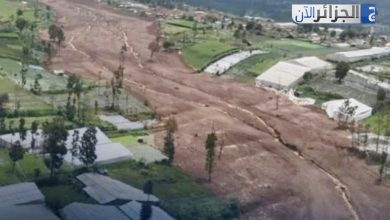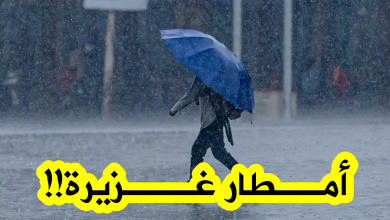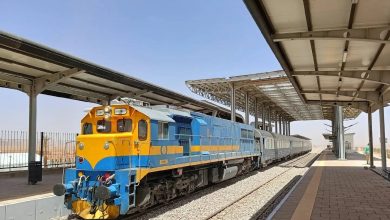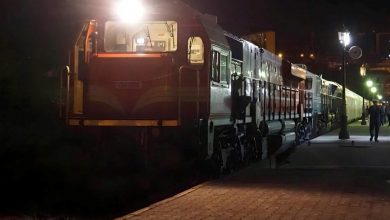Dhaka, Bangladesh – Tensions are escalating in the Bangladeshi capital on the eve of a highly anticipated verdict in the case against former Prime Minister Sheikh Hasina. The unrest follows a series of small-scale explosions that rocked the city earlier today, although police report no injuries.
Authorities stated that the limited explosions have contributed to a sense of political instability that has gripped Dhaka for weeks. Security has been significantly heightened in anticipation of the verdict, expected to be delivered tomorrow, Monday.
Sheikh Hasina, 78, is being tried in absentia on charges including crimes against humanity. The charges stem from allegations that she ordered the suppression of student protests in mid-2024, resulting in fatalities. Hasina, who has been residing in India since fleeing Bangladesh after being ousted from power last August, denies any involvement in the alleged events.
Local media reports indicate that the Dhaka Metropolitan Police Commissioner has instructed security forces to shoot anyone found engaging in arson or deploying improvised explosive devices (IEDs) that could endanger lives.
Security agencies have raised the alert level in Dhaka and Gopalganj – Hasina’s birthplace and stronghold of the Awami League party – as well as surrounding areas. Border Guard Bangladesh forces have been deployed to support the police and local authorities. Rapid Action Battalion (RAB) and police units are also stationed around key government buildings and sensitive intersections, leading to an unusual calm in some neighborhoods.
In the days leading up to the verdict, authorities have recorded over 30 IED explosions, along with incidents of bus arson in Dhaka and other regions. Police have arrested dozens of Awami League activists suspected of involvement in the bombings and acts of sabotage.
Bangladesh is bracing for the developments in the coming hours, amid fears of a potential security breakdown following the verdict. The nation remains deeply politically divided between supporters and opponents of Hasina, and the extensive security preparations suggest that the country stands on the brink of renewed unrest. The outcome of the trial and its immediate aftermath will be closely watched internationally.




